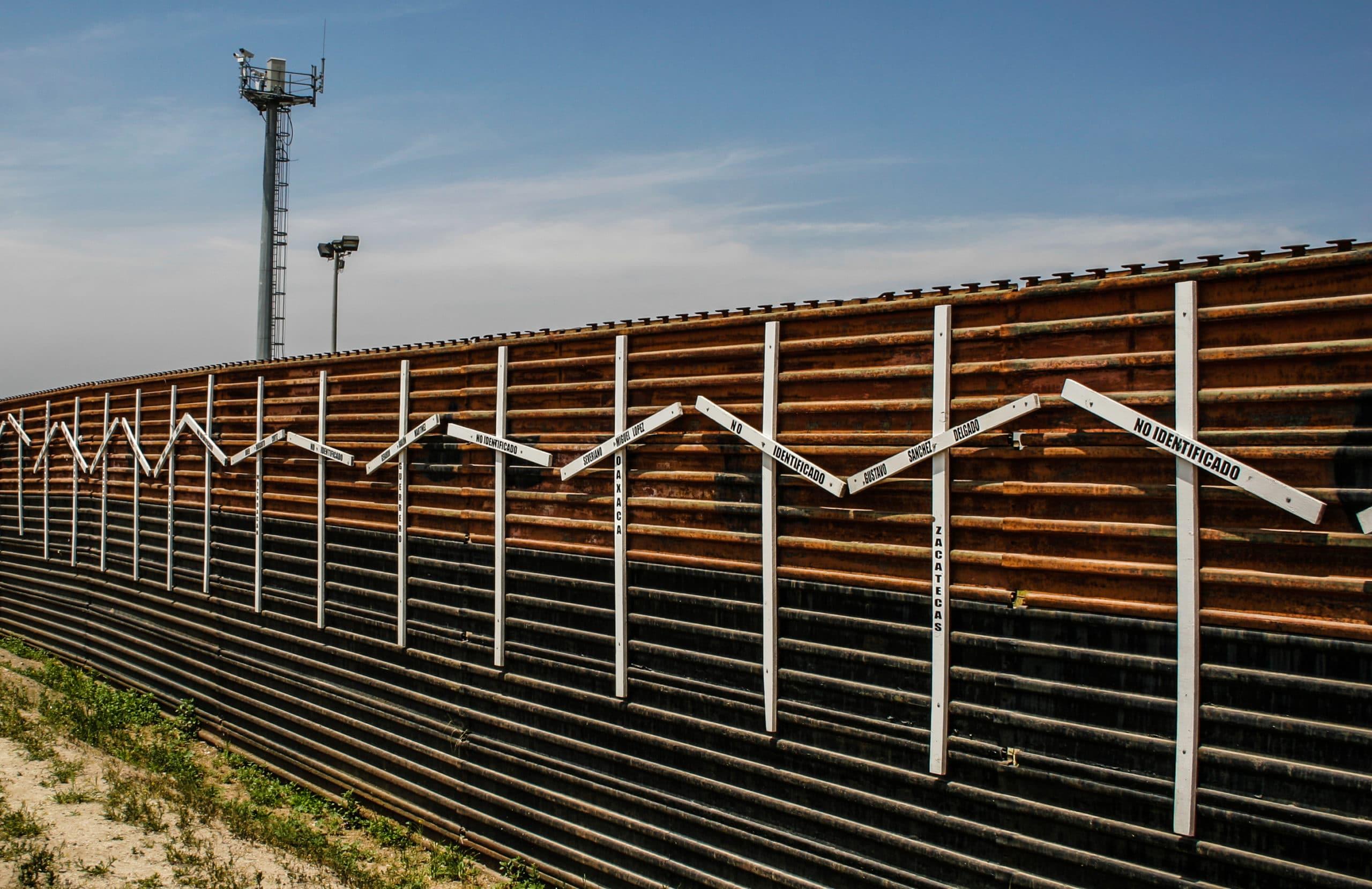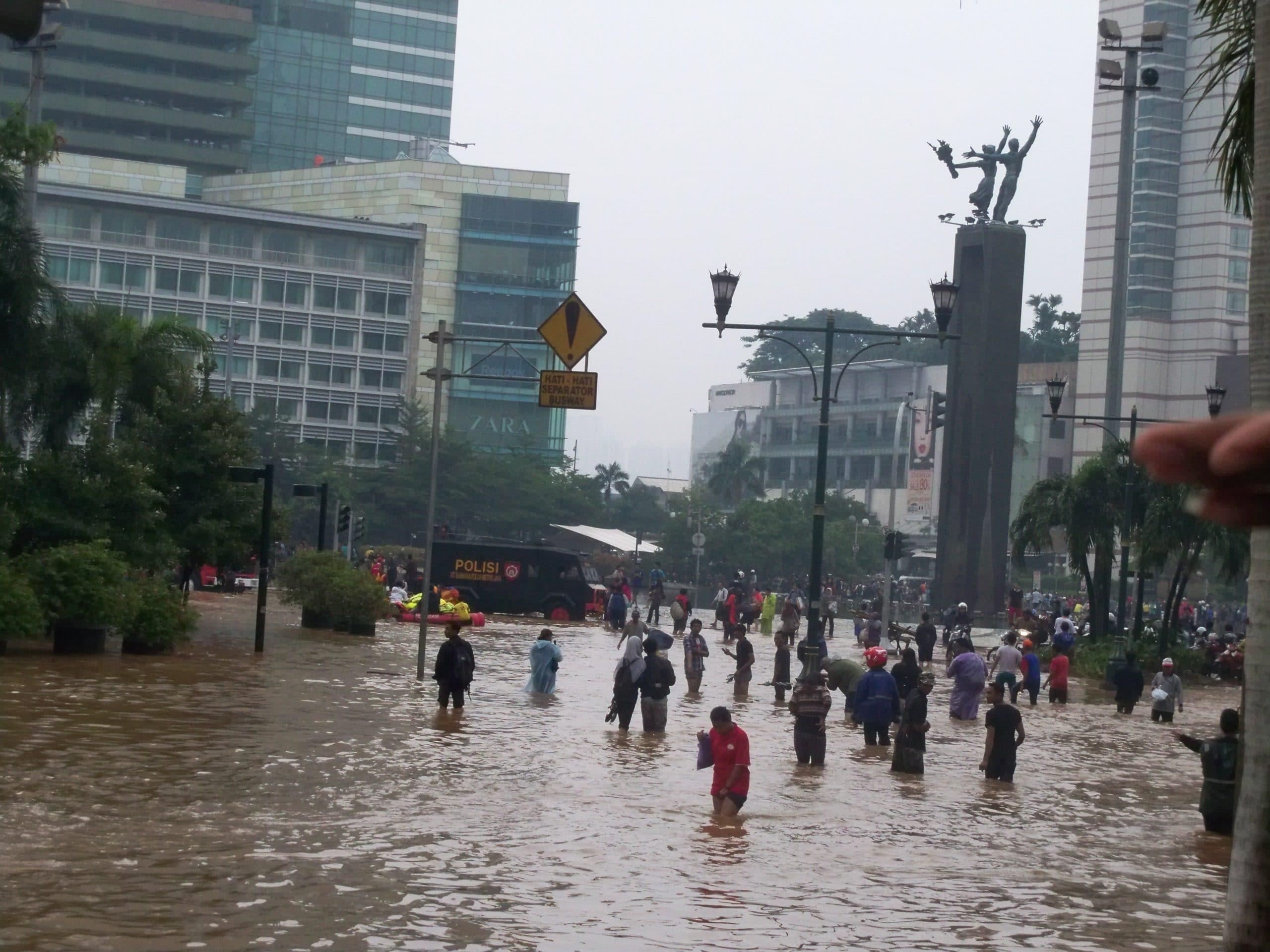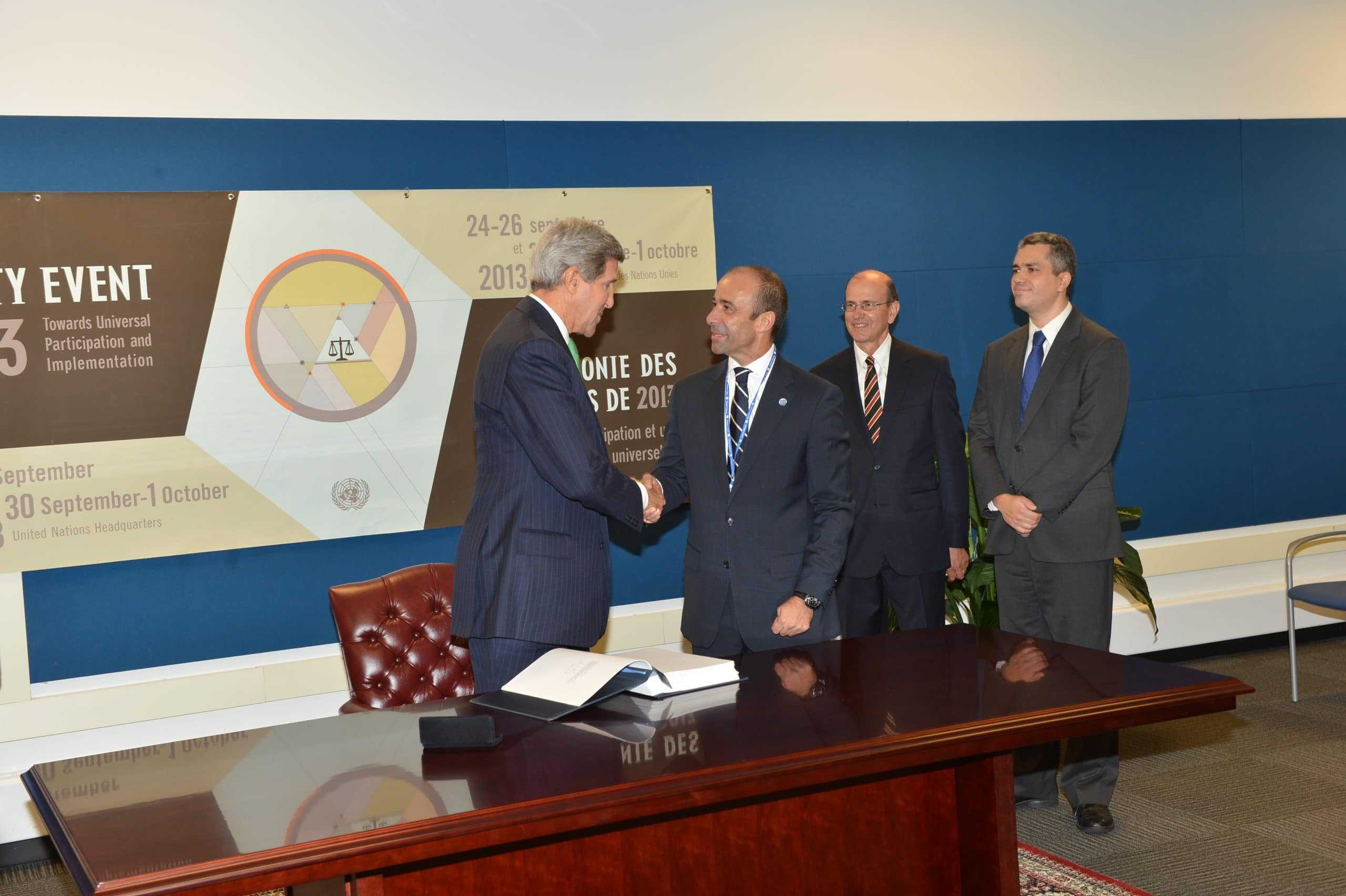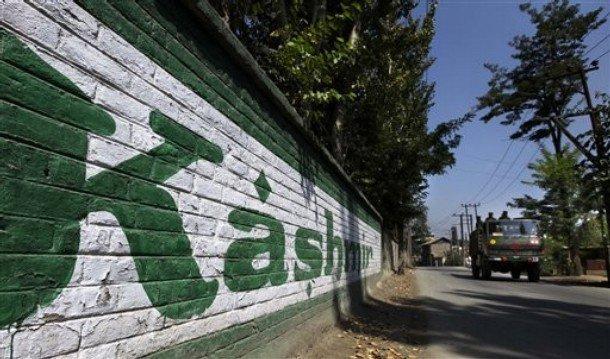Welcome to our roundup of news and current events related to ethics and international affairs! Here’s what we’ve been reading this month:
 More than 103,000 migrants crossed the southwestern border in March without authorization, an increase from the more than 76,000 who crossed in February (Photo Credit: Wikimedia Commons)
More than 103,000 migrants crossed the southwestern border in March without authorization, an increase from the more than 76,000 who crossed in February (Photo Credit: Wikimedia Commons)
The New York Times: Asylum Seekers Face New Restraints Under Latest Trump Orders
As part of his tougher stance on asylum seekers, U.S. President Donald Trump has recently ordered new restrictions on asylum seekers at the Mexican border — including application fees and work permit restraints — and directed that cases in the already clogged immigration courts be settled within 180 days.
Read more about asylum, refugee, and immigration policies in Ethics & International Affairs:
Capable and Culpable? The United States, RtoP, and Refugee Responsibility-Sharing (2017: Volume 31.1)
Book review: Migration in Political Theory: The Ethics of Movement and Membership, Sarah Fine and Lea Ypi, eds. (2016: Volume 30.4)
Book review: The Ethics of Immigration by Joseph Carens (2015: Volume 29.2)
 Jakarta's flooded streets in 2013 (Photo Credit: Wikimedia Commons)
Jakarta's flooded streets in 2013 (Photo Credit: Wikimedia Commons)
Al Jazeera: Indonesia plans to move capital from Jakarta
Indonesian President Joko Widodo has approved a long-term plan for the government to abandon the overcrowded, sinking, and polluted Jakarta and build a new capital.
Read more about other issues relating to climate change in Ethics & International Affairs:
ISA Roundtable: Climate Change and the Power to Act: An Ethical Approach for Practical Progress (May 2018)
Book review: Reason in a Dark Time: Why the Struggle Against Climate Change Failed—and What It Means for Our Future by Dale Jamieson (2015: Volume 29.2)
Climate Justice and Capabilities: A Framework for Adaptation Policy (2013: Volume 26.4)
 Former US Secretary of State John Kerry signing the Arms Trade Treaty in 2013 (Photo Credit: Wikimedia Commons)
Former US Secretary of State John Kerry signing the Arms Trade Treaty in 2013 (Photo Credit: Wikimedia Commons)
BBC: Donald Trump to withdraw US from Arms Trade Treaty
U.S. President Donald Trump plans to withdraw his country from the international Arms Trade Treaty, noting that the treaty fails to truly address the problem of irresponsible arms transfers since other top arms exporters—including Russia and China—have not signed it.
Read more about arms control and weapons proliferation in Ethics & International Affairs:
Slowing the Proliferation of Major Conventional Weapons: The Virtues of an Uncompetitive Market (2017: Volume 31.4)
The Ethics of Arming Rebels (2015: Volume 29.4)
Carnegie Talk: The Shadow World: Inside the Global Arms Trade (November 2011)
 Acknowledging its links to the slave trade, the University of Glasgow has started a program of reparative justice (Photo Credit: Wikimedia Commons)
Acknowledging its links to the slave trade, the University of Glasgow has started a program of reparative justice (Photo Credit: Wikimedia Commons)
Reuters: How have British universities grappled with links to the slave trade?
Several British universities have embarked on initiatives to better understand their links to slavery and the slave trade, as well as how to acknowledge and remedy these legacies.
Read more about issues relating to reconciliation and reparations in Ethics and International Affairs:
Carnegie Ethics Online Column: Examining the Potential for an American Truth and Reconciliation Commission (February 2015)
Book review: Judging State-Sponsored Violence, Imagining Political Change by Bronwyn Leebaw (2013: Volume 27.2)
Apology, Forgiveness, and Moral Repair (2010: Volume 22.4)
 India's Armed Forces Special Powers Act allows soldiers to use a range of powers – including lethal force – with impunity in Kashmir, and protects them from arrest or proceedings in a civilian court (Photo Credit: Kashmir Global via Flickr)
India's Armed Forces Special Powers Act allows soldiers to use a range of powers – including lethal force – with impunity in Kashmir, and protects them from arrest or proceedings in a civilian court (Photo Credit: Kashmir Global via Flickr)
Reuters: Human rights and the law in Indian-controlled Kashmir
Both the United Nations and the International Criminal Court consider the way civilians said they were used by the Indian army to search houses in south Kashmir to be illegal under international law. However, the soldiers involved were unlikely to have committed crimes under Indian law. India also denies that the Geneva Convention, designed for international conflicts, applies to its operations in Indian-controlled Kashmir.
Read more about human rights and international law in Ethics and International Affairs:
Human Rights, Global Ethics, and the Ordinary Virtues (2017: Volume 31.1)
The Fragility of International Human Rights Law (2016: Volume 30.4)
Human Rights: A Plea for Taking the Law and Institutions Seriously (2016: Volume 30.4)